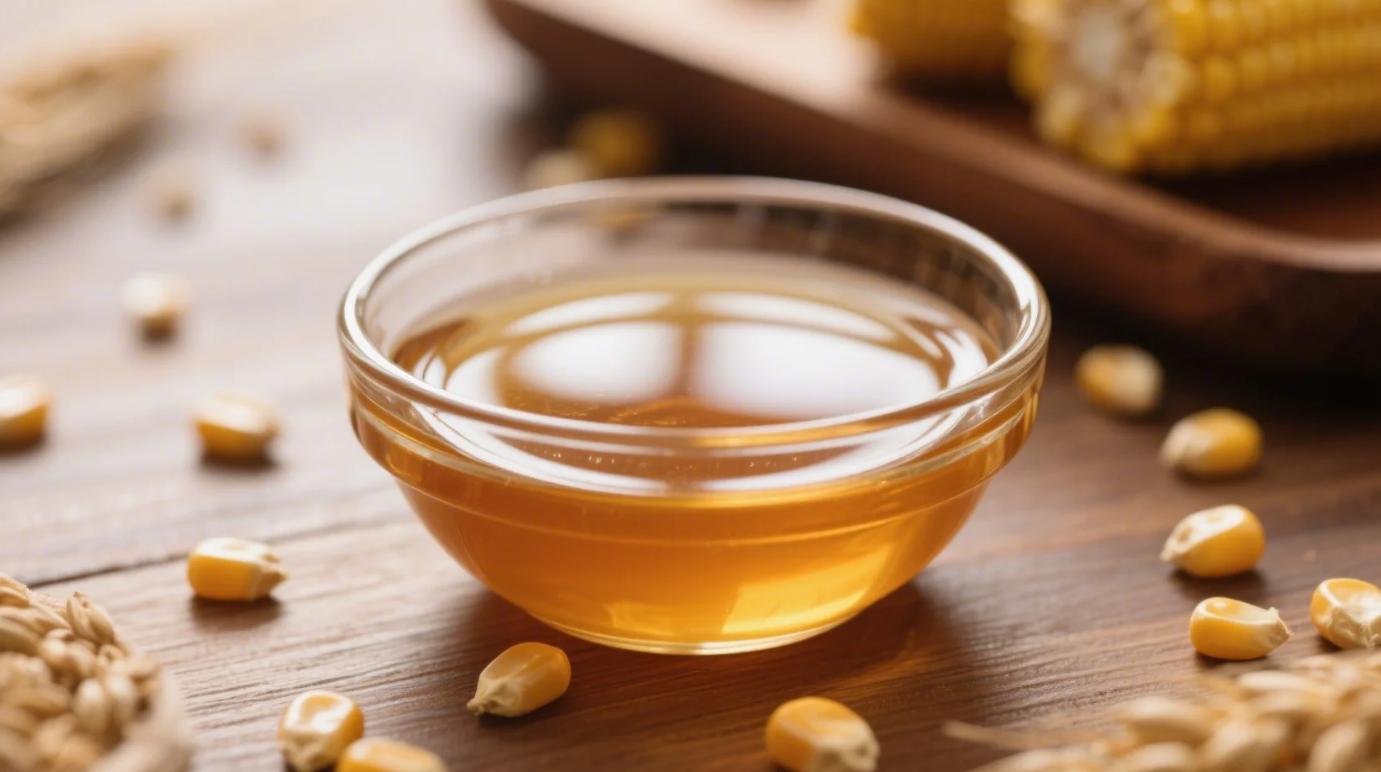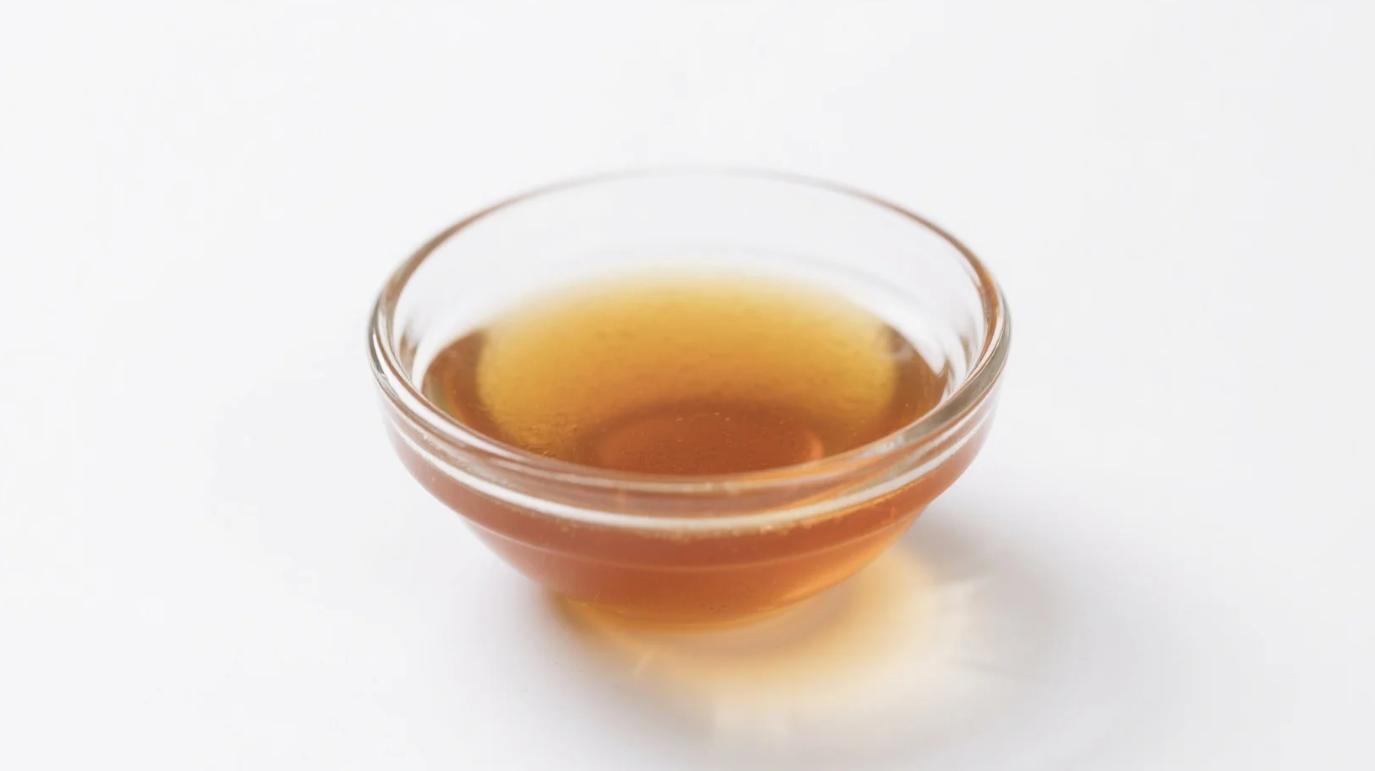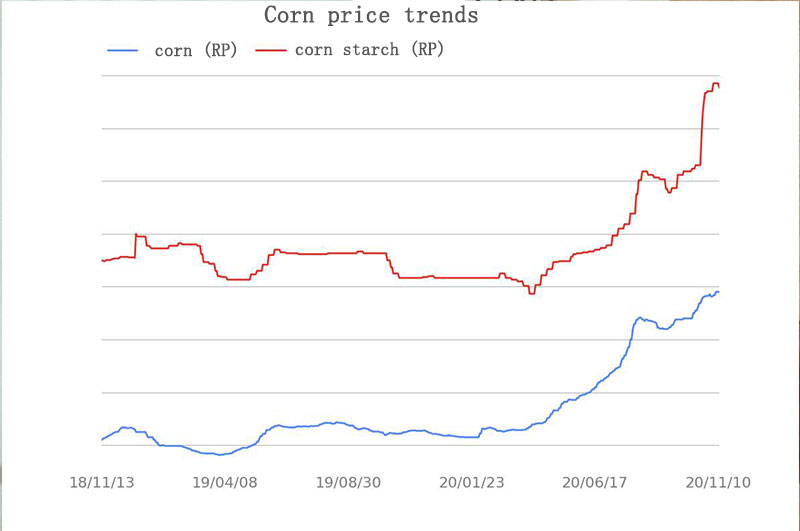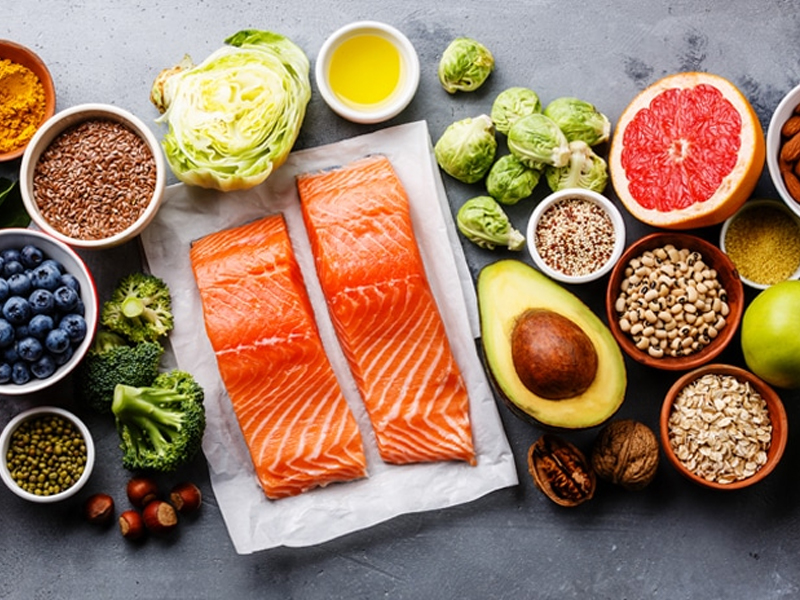In a world drowning in refined sugars and artificial additives, organic malt syrup stands as a beacon of purity and nourishment. Derived from sprouted barley and crafted through centuries-old techniques, this amber-hued elixir bridges ancestral wisdom with modern nutritional science. Let’s unravel why chefs, health enthusiasts, and eco-conscious consumers are embracing this liquid gold.

1. A Legacy of Nutrition: From Ancient Brews to Modern Pantries
For over 4,000 years, malted grains have been central to brewing and baking traditions. Modern research now validates what ancient cultures instinctively knew:
- Rich in Essential Nutrients: Organic malt syrup contains 6% protein, amino acids (including lysine and tryptophan), and minerals like magnesium, phosphorus, and B vitamins.
- Low Glycemic Impact: Unlike refined sugars, its complex carbohydrates release energy slowly, helping stabilize blood glucose levels—a boon for diabetics and weight-conscious individuals.
- Digestive Support: Enzymes activated during malting, such as amylase and protease, aid in breaking down starches and proteins, enhancing digestibility.
2. Organic Certification: Where Purity Meets Sustainability
True organic malt syrup isn’t just about avoiding synthetic pesticides—it’s a holistic commitment:
- Regenerative Farming: Organic barley is grown in nutrient-dense soils, often rotated with legumes to replenish nitrogen. Farms like those supplying Eden Foods prioritize biodiversity, avoiding monoculture practices.
- Traditional Malting: Grains are sprouted in controlled conditions, activating enzymes naturally. This contrasts with industrial methods that rely on chemical accelerants.
- Zero Waste Ethos: Byproducts like spent grains are repurposed as animal feed or compost, closing the loop in circular agriculture.
3. Culinary Alchemy: Beyond Sweetness
Organic malt syrup’s caramel-like depth and malty aroma make it a chef’s secret weapon:
- Baking Brilliance: Adds moisture to breads and bagels while promoting golden crusts. Its Maillard reaction enhances flavors in cookies and granola.
- Brewing Renaissance: Craft breweries use it to create rich, full-bodied stouts and porters. Unlike refined sugars, it contributes to head retention and mouthfeel.
- Innovative Twists:
- Vegan Glazes: Mix with tahini for dairy-free dessert toppings.
- Fermented Foods: Boosts koji fermentation in miso and soy sauces.
- Skincare: Its humectant properties lock moisture in DIY face masks.
4. Health-Conscious Sweetening: Science-Backed Benefits
- Gut Health: Prebiotic fibers nourish beneficial gut bacteria, linked to improved immunity and mental health.
- Bone Strength: High in silicon, a trace mineral critical for collagen synthesis and bone density.
- Antioxidant Power: Melanoidins formed during malting combat free radicals, reducing oxidative stress.
5. Sustainability: A Sweetener for the Planet
- Low Water Footprint: Barley requires 30% less water than sugarcane, thriving in temperate climates.
- Carbon-Neutral Production: Ethanol pre-treatment and ultrasonic hydration technologies cut energy use by 25% in modern malt houses.
- Packaging Innovation: Brands like Eden Foods use recyclable glass jars, preserving freshness without plastic waste.
Rewriting the Story of Sweet
Organic malt syrup isn’t merely an ingredient—it’s a revolution. Whether drizzled over morning oats, fermented into artisanal brews, or blended into skincare rituals, it embodies a harmony of flavor, nutrition, and ecological responsibility. As demand for clean-label foods grows by 12% annually, this ancient sweetener is poised to redefine modern wellness.
Recommended Product
Organic Malt Syrup
Natural Sweetener & Functional Ingredient for Food, Beverage, and Health Products


